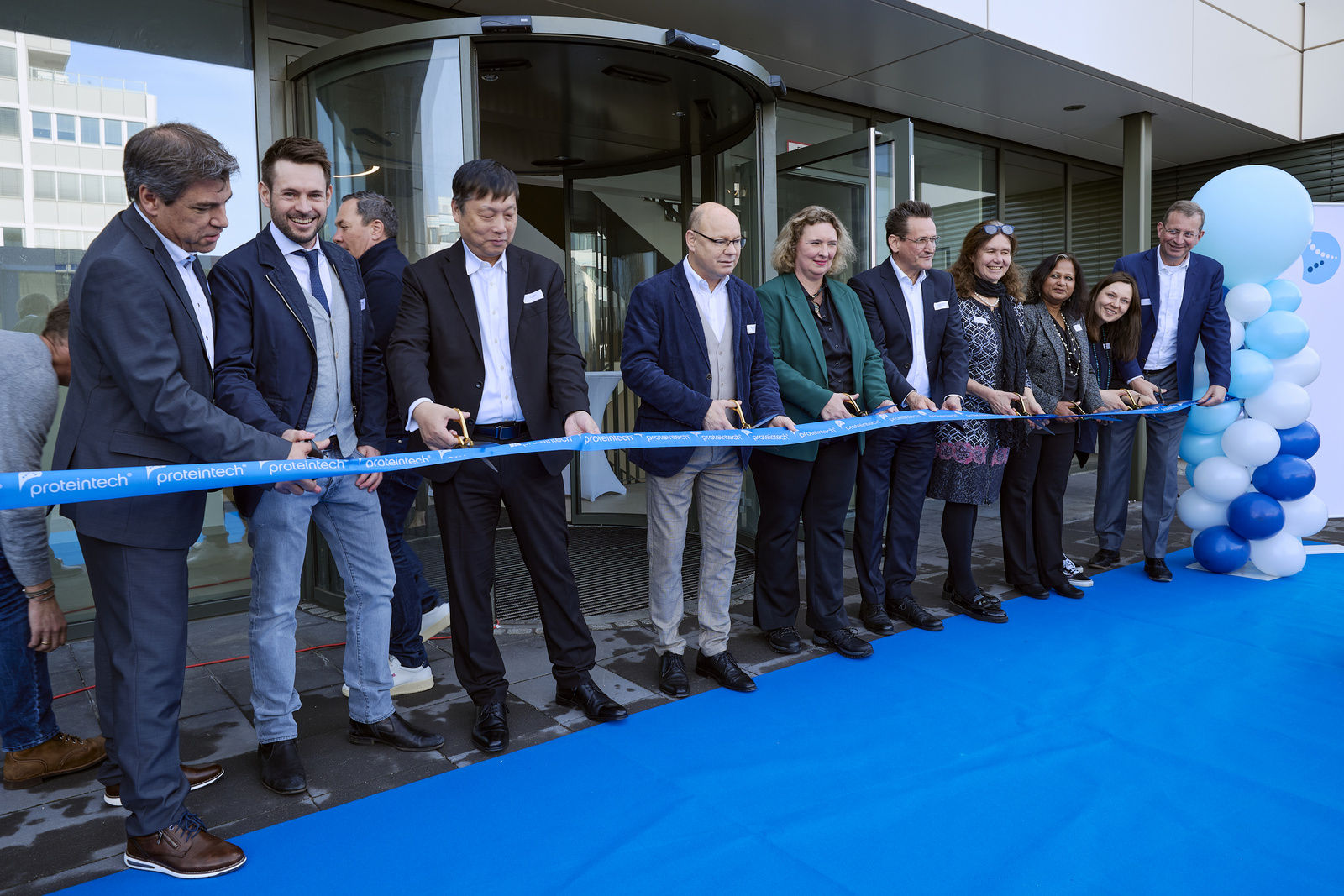- Startseite -
- Digital Bavaria -
- Blog #bytevaria - The DAX is growing with another Bavarian company: MTU replaces ThyssenKrupp
The DAX is growing with another Bavarian company: MTU replaces ThyssenKrupp
MTU Aero Engines, another Bavarian company, will join the DAX on 23 September 2019. It is succeeding ThyssenKrupp, a founding member of the share index whose figures are now simply too poor. As a result, 9 of the 30 largest enterprises on the German stock market, which the DAX lists, will be from Bavaria.
A long history
MTU Aero Engines or its direct predecessor has existed since 1934. The company from Munich has been developing, manufacturing, marketing and servicing stationary gas turbines in addition to civil and military aero engines in a wide range of power classes since its foundation. MTU also builds components for other manufacturers, which leads to a piece of the Bavarian traditional company being in one in three aeroplane’s engines worldwide today, from the commercial Airbus to the fighter jet. MTU was part of DaimlerChrysler for a long time, until the group sold the Bavarian company to an American group of investors in 2003. It floated MTU on the stock exchange and sold all its shares in 2006. MTU Aero Engines has been fully in free float since then. Beside the Bavarians’ numerous subsidiary companies and participation in companies such as Rolls Royce as well as close co-operation with all large aviation manufacturers, the latest price rise in the share on the stock exchange is considerable: the price rose from around EUR 159 per share to over EUR 250 between January and September 2019 alone; and the upward trend continues. MTU will take up the legacy of steel giant ThyssenKrupp in the DAX.
Bavaria strongly represented in DAX
The DAX share index contains the 30 largest and most liquid companies on the German stock market. Whether a business is accepted, depends on whether it meets the necessary criteria. Besides at least 10 per cent free float, these are the stock exchange turnover and market capitalisation. An enterprise must be among the largest 40 in Germany in both criteria, if it wants to have a chance of being accepted. No less than nine companies from Bavaria already meet all the requirements as of 23 September 2019:

How a passion can transform into a successful business

Chicago/Planegg-Martinsried: the US-based Proteintech Group triples the size of its site in Bavaria – with a key focus on research & development, production and logistics


![[Translate to English:]](https://ik.imagekit.io/sgliwi1izsz/media/images/team_2021/mitarbeiter/Hr.Julian.Hechler_klein_V1.jpg?tr=w-1024 1024w, https://ik.imagekit.io/sgliwi1izsz/media/images/team_2021/mitarbeiter/Hr.Julian.Hechler_klein_V1.jpg?tr=w-1280 1280w, https://ik.imagekit.io/sgliwi1izsz/media/images/team_2021/mitarbeiter/Hr.Julian.Hechler_klein_V1.jpg?tr=w-1536 1536w, https://ik.imagekit.io/sgliwi1izsz/media/images/team_2021/mitarbeiter/Hr.Julian.Hechler_klein_V1.jpg?tr=w-1920 1920w)